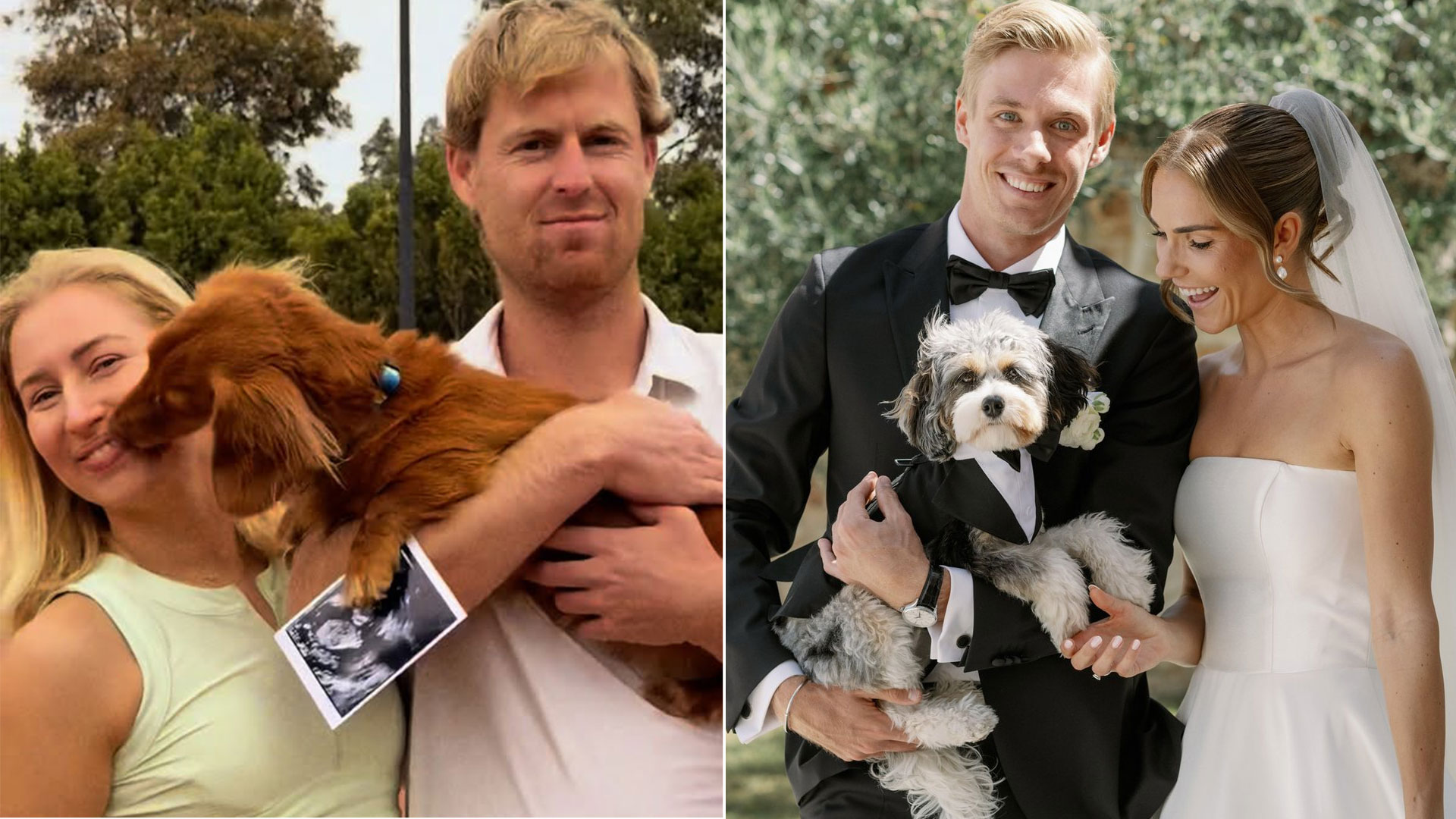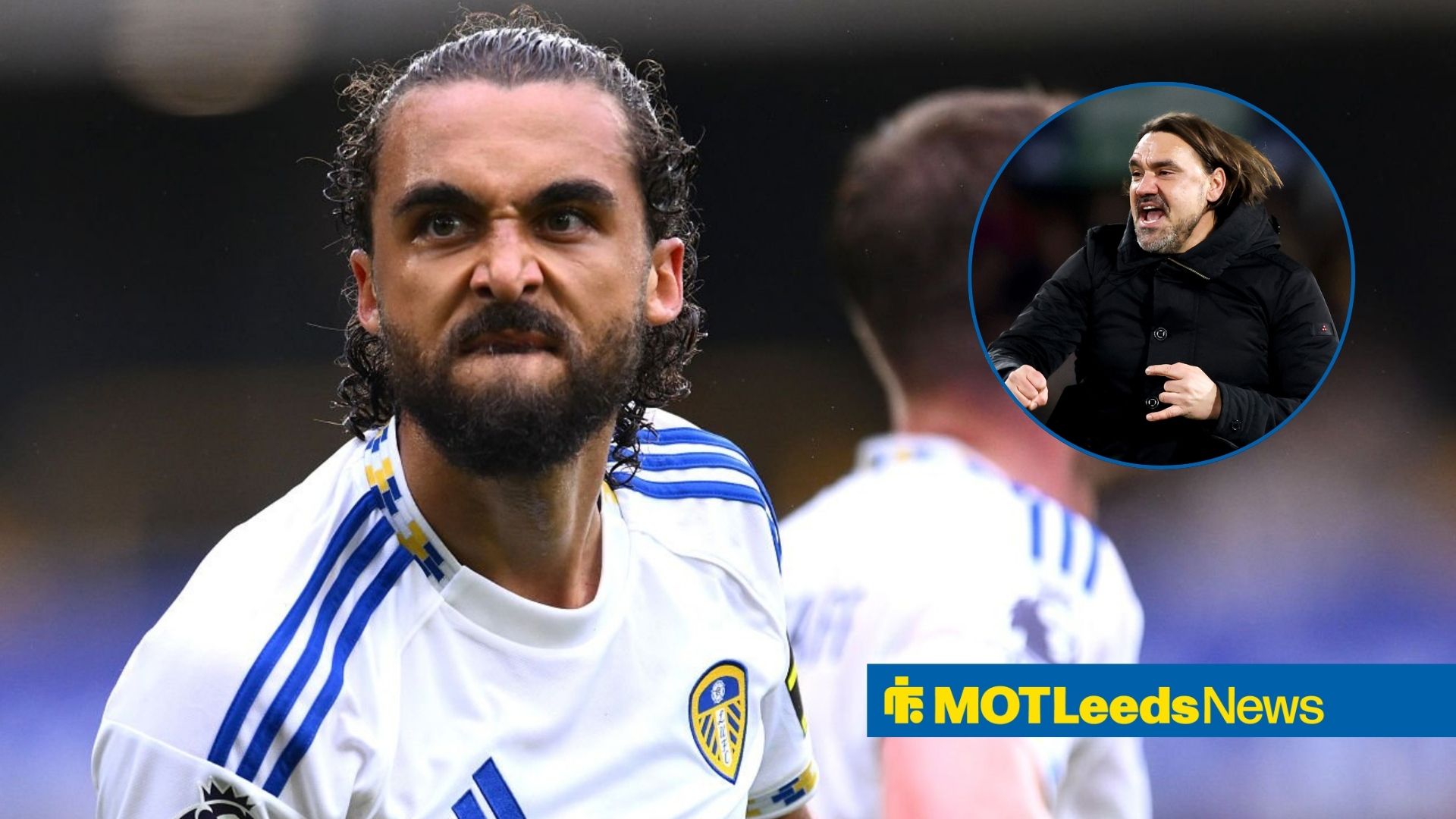David Beckham, Gary Neville admit Salford were in ‘serious trouble’ before new ownership buyout

David Beckham and Gary Neville admit Salford City faced “serious trouble” before their new ownership group took over and raised between $30-40million to “save” the club.The departure of majority shareholder Peter Lim in 2024, plus losses of £22.5million across seven years, left the pair “genuinely worried” about what they call a “scary” outlook.But Neville sought Beckham’s help and the former Manchester United team-mates linked up with businessmen Declan Kelly and Lord Mervyn Davies, building a fresh consortium.Their arrival was confirmed in May after the quartet pulled together a collective of members, which now stands at 23 investors, and high-level partners like AIG and Coca-Cola.An inaugural board meeting took place on Saturday morning and a delegation — including Beckham — will attend their first match since the buyout when Salford host Swindon Town.Head coach Karl Robinson has achieved five wins from his side’s opening eight games, putting Salford third in League Two; two points below leaders Swindon before their visit.Salford aim to reach the Championship inside five years — while also prioritising their women’s set-up, academy, infrastructure, commercial opportunities and community work.City Football Group executive Gavin Fleig is joining as CEO, meaning he will handle day-to-day matters, and Manchester United’s Ronan Joyce has become chief business officer.Minus the injection of funds, Neville says they would have needed to “strip everything back” or been placed in the “poor hands” of a multi-club operation that ”wasn’t right for us”.“I very rarely panic but when Gary came to me and said ‘OK, this is the situation, we need to find a way of saving the club’, I was concerned,” Beckham tells The Athletic.“For him more than anyone, because Gary committed to Salford from day one. I’ve spent a lot of time there but I know what it means to him. I know what the people in the club mean to him. I know what the fans mean to him. For him to say, ‘we need to sort this out’… He very rarely burdens me with anything, so I knew this was something we had to fix.“Without even asking me it was always going to be a ‘yes’, for many reasons. The values we always had as kids, with our families, with our mums and dads, with our kids now. We were part of a football club that had real values, that looked after people, that looked after their players, looked after their fans. That’s when we knew we needed to make this happen.”Beckham, Neville and fellow United alumnus — nicknamed the ‘Class of 92’— partnered Lim for an initial acquisition of Salford in 2014 and they enjoyed a spectacular ascent. Yet following four promotions in five seasons that lifted Salford to the English Football League (EF), they have stayed in the fourth tier and Lim decided to step away, physically and financially.Running costs and contractual obligations to employees required capital to be found quickly or, according to Neville, Salford would have turned into “a more skeletal project”.Beckham explains that they had two years to generate a certain amount of money and managed to do it in four or five months. “The group we brought together wanted to invest even more than we expected,” the ex-England captain, who also co-owns Inter Miami in Major League Soccer, adds. “They sat with Gary, heard about the project and knew exactly where we wanted to take the club. That’s when we went from needing — I think the number at the start was $12-14m — and we ended up raising between $30-40m.“When we reached that, Gary got really emotional. That’s what it means to him and it’s the passion you want. If we hadn’t have done it, the club would have been in serious trouble.”Neville describes Beckham as a ”game-changer“ in the process, however both are at pains to highlight the contributions and importance of co-directors Kelly and Lord Davies.A former banker, government minister, Tottenham Hotspur director and Lawn Tennis Association chairman, Lord Davies is a ”football nut“ with a long association to Neville.Kelly — founder of U.S.-based advisory firm Consello — met Neville during the 2022 Qatar World Cup and Beckham at January’s World Economic Forum in Davos, Switzerland.“They started explaining to me what the problem was,” Kelly, a childhood United fan who is closely connected to Lord Davies, recalls. “I said ‘Well, why don’t we try and fix it?’.“So right there at that moment we hatched a plan. Literally, it was a conversation lasting an hour and we decided to do it.“I said ‘I’m going to raise the capital’ and I think they thought I was joking. The following day they realised I wasn’t. Mervyn and I went out and raised the money. If we needed to go out and raise more money, we could do it in a heartbeat.“We’ve worked hard but it hasn’t been hard to sell as it’s so compelling. This club has a real brand proposition that people in business understand, because who’s involved is a great story. Gary and David are phenomenal people and when people hear that story they want to be part of it, they think it’s a great opportunity.“So there’s a business rationale. Nobody got into it thinking ‘I’m going to make my fortune’ but have an ambition to make sure this the best small club in the world. We have a really good chance of doing something special.”Davies remembers a tour of Salford opening their eyes to the “massive impact” that success could have on the local area; a factor he says attracted many of the shareholders.There is respect for other high-profile projects, namely at Birmingham City and Wrexham, though no desire to imitate — rather a determination do things their own way at Salford.Women’s football will seemingly be an area of major focus (a “phenomenon” that is “exploding”, suggests Lord Davies) and Kelly references the sale of 17-year-old striker Will Wright to Liverpool during the summer transfer window as an example of how fundamental the youth system should be to Salford’s sporting and business model.They speak effusively about Paul Scholes, another Manchester United legend now integral to the football operation at Salford. “This is not is not a vanity exercise,” Kelly states on behalf of everybody involved.“Everyone has a plan until they get punched in the face. We know that we’re going to get punched in the face along the way. We run businesses globally and are prepared for whatever comes our way. We’re not here for a day, a week, a month. We’re here for years and we’re very committed. It’s going to be a hell of a journey.“We’re very ambitious but we also understand that you take it one step at a time. We’re going to get an outsized amount of attention because of who’s involved but we’ll deal with that and chart our own course.”(Top photo: Dominic Lipinski/Getty Images)








